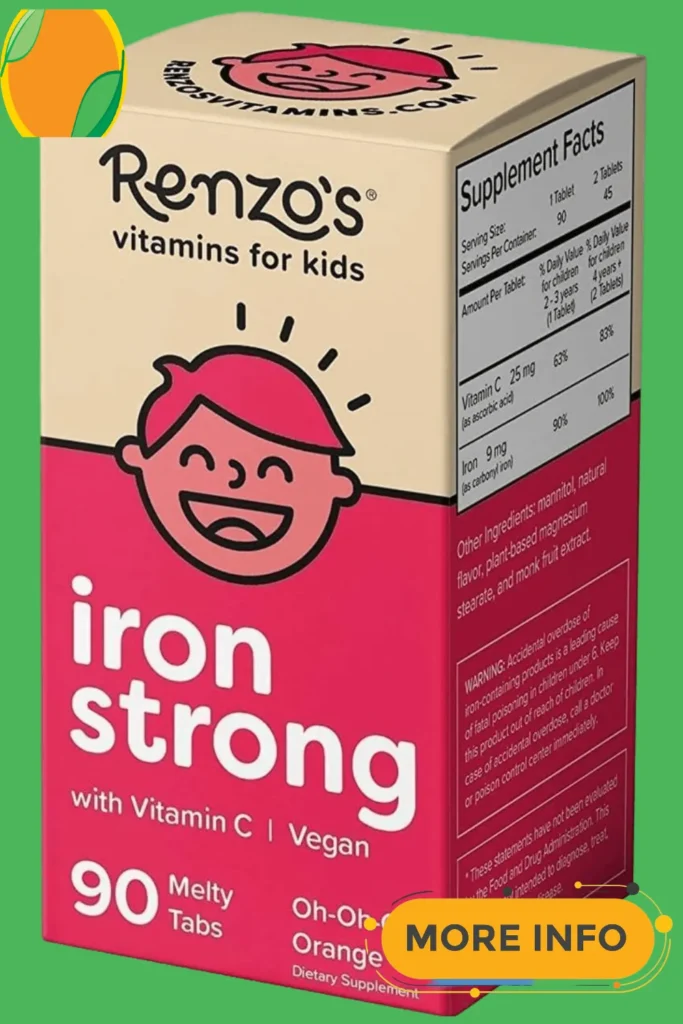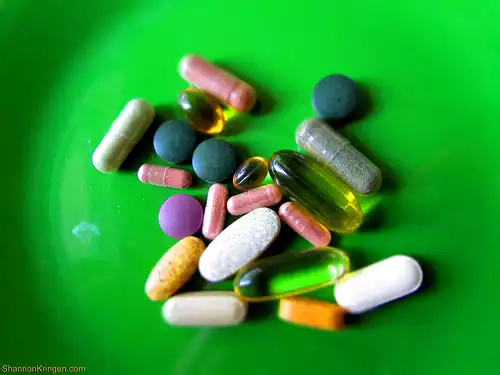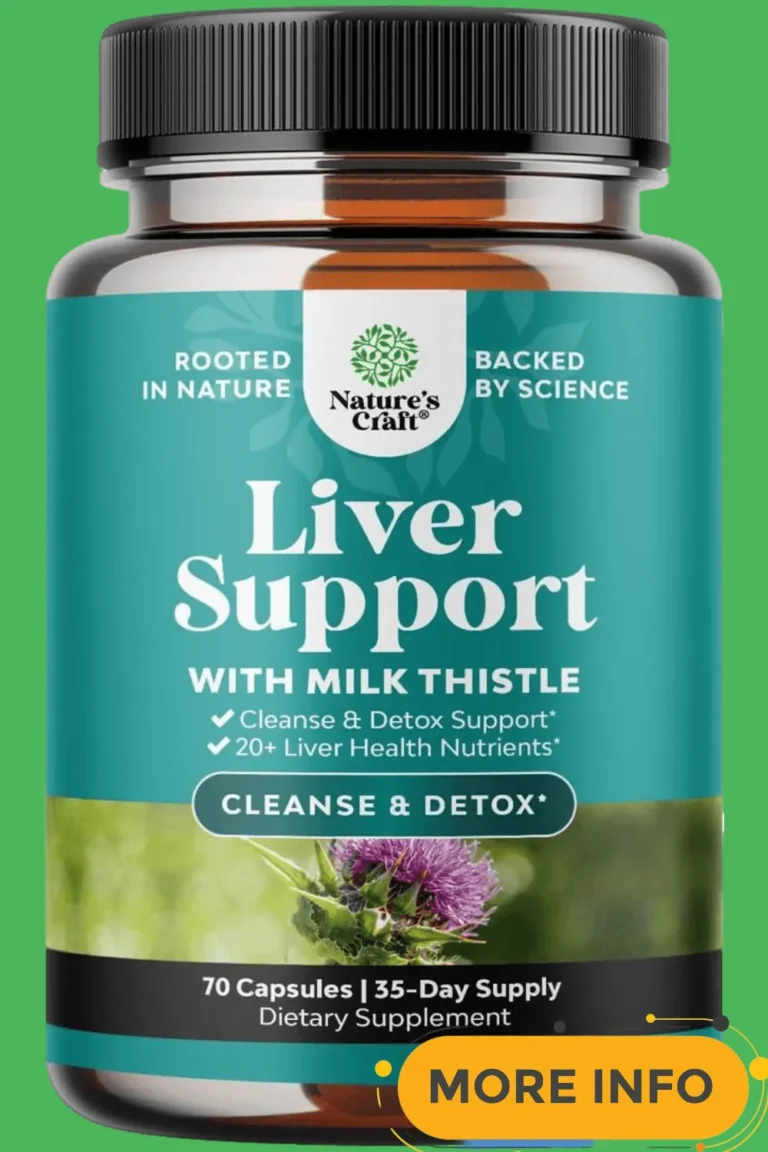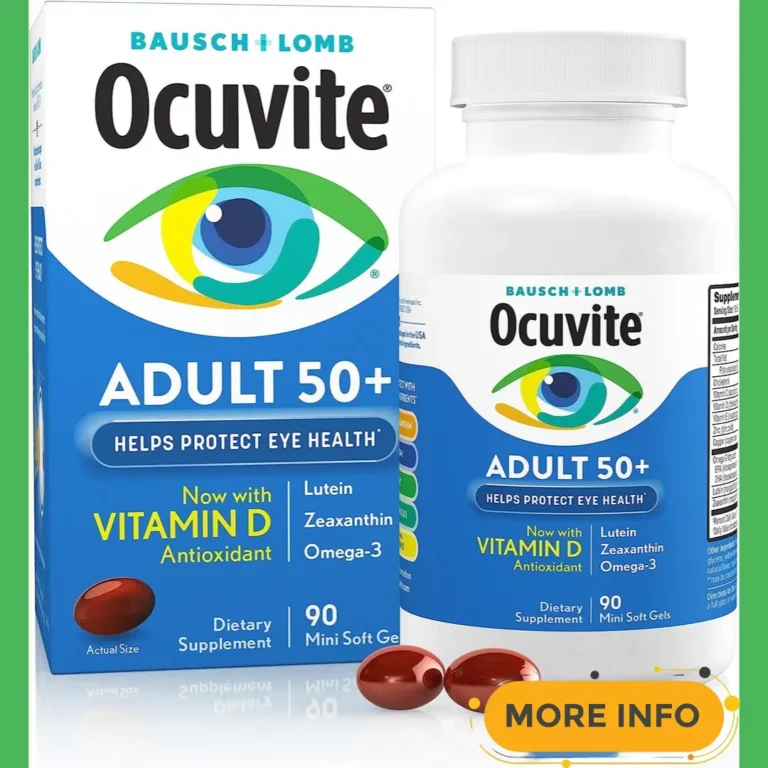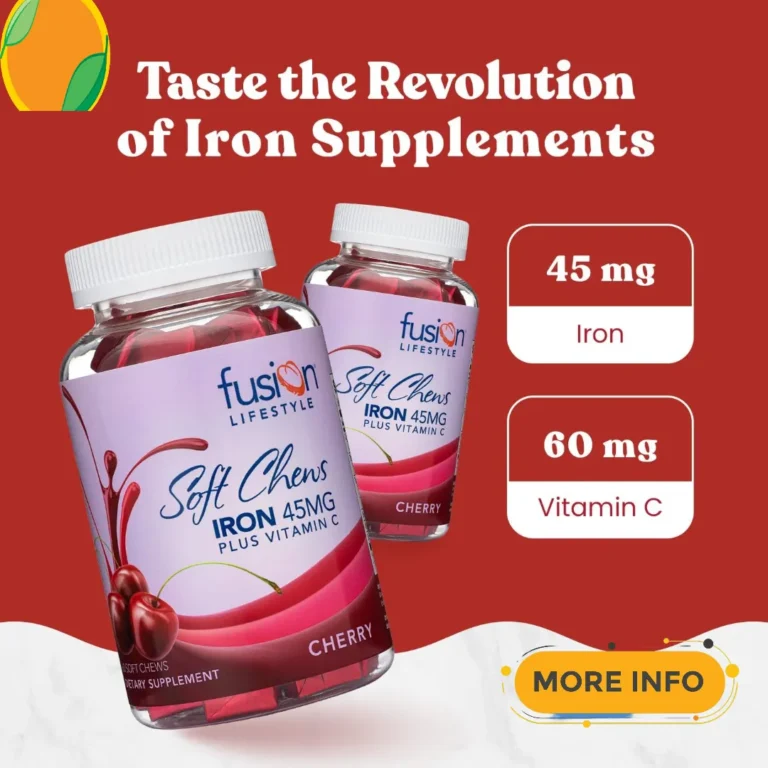Iron Supplements for Kids
Imagine a little engine striving to climb a steep hill, puffing with all its might but still struggling to make it to the top.
Now, picture that same engine powered by the right kind of fuel, effortlessly gliding over the crest with newfound energy.
This scenario isn’t far removed from what many children experience when they lack sufficient iron in their diets.
Iron Supplements for Kids can be the secret ingredient that transforms their daily battles into smooth sailing victories.
Iron is more than just a mineral; it’s a vital component for growing minds and bodies.
From boosting cognitive development to fortifying immune systems, adequate iron levels are crucial for children’s overall well-being.
This article will delve into why Iron Supplements for Kids can make all the difference, helping parents understand when and how these supplements should be integrated into their child’s routine.
Get ready to explore how this small but mighty supplement can turn uphill challenges into effortless achievements!
Iron is an essential mineral that plays a crucial role in the growth and development of children.
It is responsible for the production of hemoglobin, which carries oxygen to the body’s tissues and organs.
Unfortunately, many children do not get enough iron from their diet, leading to iron deficiency and potential health problems.
Iron supplements for kids have become a popular way to help ensure that children are getting an adequate amount of this vital nutrient.
In this article, we will explore the importance of iron for children’s health, the signs of iron deficiency, and the benefits of iron supplements.
We will also discuss how to determine if your child needs an iron supplement, the different types of iron supplements available, and the proper dosage for children of various ages.
Additionally, we will provide tips on how to incorporate iron-rich foods into your child’s diet to help them meet their daily iron needs.
With the right information and guidance, parents can help their children maintain optimal iron levels and support their overall health and well-being.
Table of Contents Iron Supplements for Kids
Essential nutrients for growing kids
Ensuring that growing kids receive essential nutrients is crucial for their overall development and well-being.
Key nutrients such as calcium, vitamin D, protein, and omega-3 fatty acids are vital for supporting children’s growth, bone health, cognitive function, and immune system.
Calcium and vitamin D are essential for strong bones and teeth, while protein is necessary for muscle growth and repair.
Omega-3 fatty acids, particularly DHA and EPA, play a critical role in brain development and cognitive function.
Including a variety of nutrient-dense foods like dairy products, fish, lean meats, fruits, and vegetables in children’s diets can help meet their daily nutrient requirements and promote healthy growth and development.
Preventing iron deficiencies in children
To prevent iron deficiencies in children, it is important to include iron-rich foods in their daily diet.
Iron is a vital mineral that plays a crucial role in the production of red blood cells and overall oxygen transport in the body.
Foods such as lean meats, poultry, fish, beans, lentils, tofu, fortified cereals, and leafy green vegetables are excellent sources of iron and can help meet children’s daily iron needs.
Pairing iron-rich foods with vitamin C-rich foods can also enhance iron absorption in the body.
Additionally, avoiding excessive intake of foods that can inhibit iron absorption, such as tea and coffee, can contribute to maintaining adequate iron levels in children.
Regular monitoring of iron levels through blood tests can also help detect and address any potential deficiencies early on, ensuring optimal growth and development in children.
Choosing the right supplement dosage
When considering the right supplement dosage for children, it is crucial to consult with a healthcare professional or a pediatrician.
The appropriate dosage of supplements, including iron, is influenced by various factors like age, weight, nutritional requirements, and any existing health conditions.
Pediatricians can provide tailored advice based on the child’s specific needs and ensure that the dosage aligns with recommended guidelines to prevent any potential risks or side effects.
It is essential to follow the healthcare provider’s instructions diligently when administering supplements to children to promote their overall health and well-being.
Regular monitoring and communication with healthcare professionals can help optimize the effectiveness and safety of supplement intake in children.
Ensuring proper iron levels daily
Ensuring adequate iron levels daily is essential for children’s growth and development, as iron plays a crucial role in oxygen transportation and overall health.
Incorporating iron-rich foods into daily meals is a fundamental way to support children’s iron intake naturally.
Foods such as lean meats, poultry, fish, legumes, fortified cereals, and green leafy vegetables are excellent dietary sources of iron.
Additionally, pairing iron-rich foods with vitamin C-rich foods can enhance iron absorption.
By promoting a balanced diet that includes these iron sources, caregivers can help maintain optimal iron levels in children without solely relying on supplements.
Regular monitoring of iron levels through healthcare providers can further ensure that children are obtaining the necessary amount of iron for their well-being.
Boosting energy and immunity levels
Maintaining adequate energy and immunity levels in children is crucial for supporting their overall well-being and growth.
Along with iron-rich foods, it is important to include a variety of nutrients in a child’s diet to enhance energy levels and boost immunity.
Foods rich in vitamin C, such as citrus fruits, strawberries, and bell peppers, can help strengthen the immune system.
Incorporating complex carbohydrates like whole grains and healthy fats from sources like avocados and nuts can provide sustained energy throughout the day.
Encouraging regular physical activity and ensuring proper hydration are also vital components in supporting children’s energy levels and immunity.
By focusing on a balanced diet and healthy lifestyle habits, caregivers can help promote optimal energy and immunity in children.
Consulting a pediatrician for guidance
To optimize the health and well-being of children, caregivers should consider consulting a pediatrician for personalized guidance tailored to the specific needs of the child.
Pediatricians possess the expertise to assess a child’s individual health requirements, including nutritional needs, potential deficiencies, and overall health status.
Seeking professional advice from a pediatrician can help caregivers navigate the complexities of children’s health and ensure that they are following appropriate dietary recommendations and lifestyle practices.
Pediatricians can offer valuable insights and recommendations to support the development and maintenance of optimal health in children, making them a valuable resource for addressing any concerns or questions regarding a child’s well-being and nutritional requirements.
Consulting a pediatrician can provide caregivers with confidence in their efforts to promote the health and vitality of children.
Incorporating iron-rich foods into diets
Incorporating iron-rich foods into diets is essential for maintaining optimal health and preventing iron deficiency in children.
Iron is a crucial mineral that plays a key role in the production of red blood cells and overall growth and development.
Caregivers can introduce various iron-rich foods into children’s diets, such as lean meats, poultry, fish, legumes, nuts, seeds, and fortified cereals.
Encouraging a diverse and balanced diet that includes a variety of iron sources can help ensure that children are meeting their daily iron requirements.
Additionally, pairing iron-rich foods with sources of vitamin C can enhance iron absorption, further supporting children’s nutritional needs.
By prioritizing a diet rich in iron and other essential nutrients, caregivers can promote the overall well-being and vitality of children.
Monitoring health and iron intake
Regular monitoring of a child’s health and iron intake is vital to ensure optimal development and prevent iron deficiency.
Health professionals recommend tracking children’s growth and development through regular check-ups and assessments to identify any signs of nutrient deficiencies early on.
Furthermore, keeping a record of the types and quantities of iron-rich foods consumed by children can provide valuable insights into their dietary habits and nutrient intake.
By maintaining a vigilant approach to monitoring health and iron intake, caregivers can take proactive steps to address any nutritional inadequacies and support children’s overall well-being effectively.
In conclusion, the importance of iron supplements for children cannot be overstated, as iron plays a crucial role in the overall health and development of young ones.
While ensuring a balanced diet is the primary means of obtaining essential nutrients, supplements can serve as a beneficial addition, particularly in cases of iron deficiency.
It is essential to consult with healthcare providers to determine the appropriate dosage and form of iron supplements for children, as excess iron intake can lead to adverse effects.
By prioritizing the nutritional needs of children and incorporating iron supplements when necessary, parents can support their children’s growth, cognitive function, and overall well-being.
FAQ
What are the benefits of giving iron supplements to children?
Iron supplements can help prevent iron deficiency anemia in children, which can lead to fatigue, weakness, and cognitive impairments.
Iron is essential for proper growth and development, as it plays a crucial role in oxygen transport, energy production, and brain function.
By ensuring children have adequate iron levels, we can support their overall health, immune function, and cognitive abilities.
However, it is important to consult with a healthcare provider before starting any supplement regimen to determine the appropriate dosage and necessity.
How can parents determine if their child needs an iron supplement?
Parents can determine if their child needs an iron supplement by observing signs of iron deficiency such as fatigue, pale skin, irritability, and decreased appetite.
If a child’s diet lacks iron-rich foods or if they have certain medical conditions like anemia, it may be necessary to consult a pediatrician for blood tests to assess iron levels.
It’s important for parents to seek professional advice before giving their child any supplements to ensure they are necessary and safe.
Are there any potential side effects or risks associated with giving iron supplements to kids?
Yes, there can be potential side effects and risks associated with giving iron supplements to children.
These may include upset stomach, constipation, nausea, vomiting, diarrhea, or even iron toxicity if taken in excessive amounts.
It is important to consult with a healthcare provider before giving iron supplements to children to determine the appropriate dosage and ensure they are necessary.
Regular monitoring of iron levels is also recommended to prevent any potential complications.
What are some natural sources of iron that can be incorporated into a child’s diet?
Some natural sources of iron that can be incorporated into a child’s diet include lean meats such as beef and poultry, fish, beans, lentils, tofu, fortified cereals, spinach, broccoli, pumpkin seeds, and dried fruits like raisins and apricots.
It is important to combine these sources with vitamin C-rich foods like citrus fruits, bell peppers, or strawberries to enhance iron absorption.
Ensuring a balanced diet with these iron-rich foods can help meet a child’s iron needs for healthy growth and development.
How should parents ensure that their child is getting the right amount of iron from supplements without exceeding recommended doses?
Parents should consult with a pediatrician to determine the appropriate iron supplement dosage for their child based on age, weight, and iron deficiency levels.
It is crucial to follow the doctor’s recommendations and not exceed the prescribed dose to avoid potential side effects or toxicity.
Regular monitoring of the child’s iron levels through blood tests can help ensure they are receiving the correct amount of supplementation.
Additionally, providing a balanced diet rich in iron-rich foods can also help meet the child’s nutritional needs.

